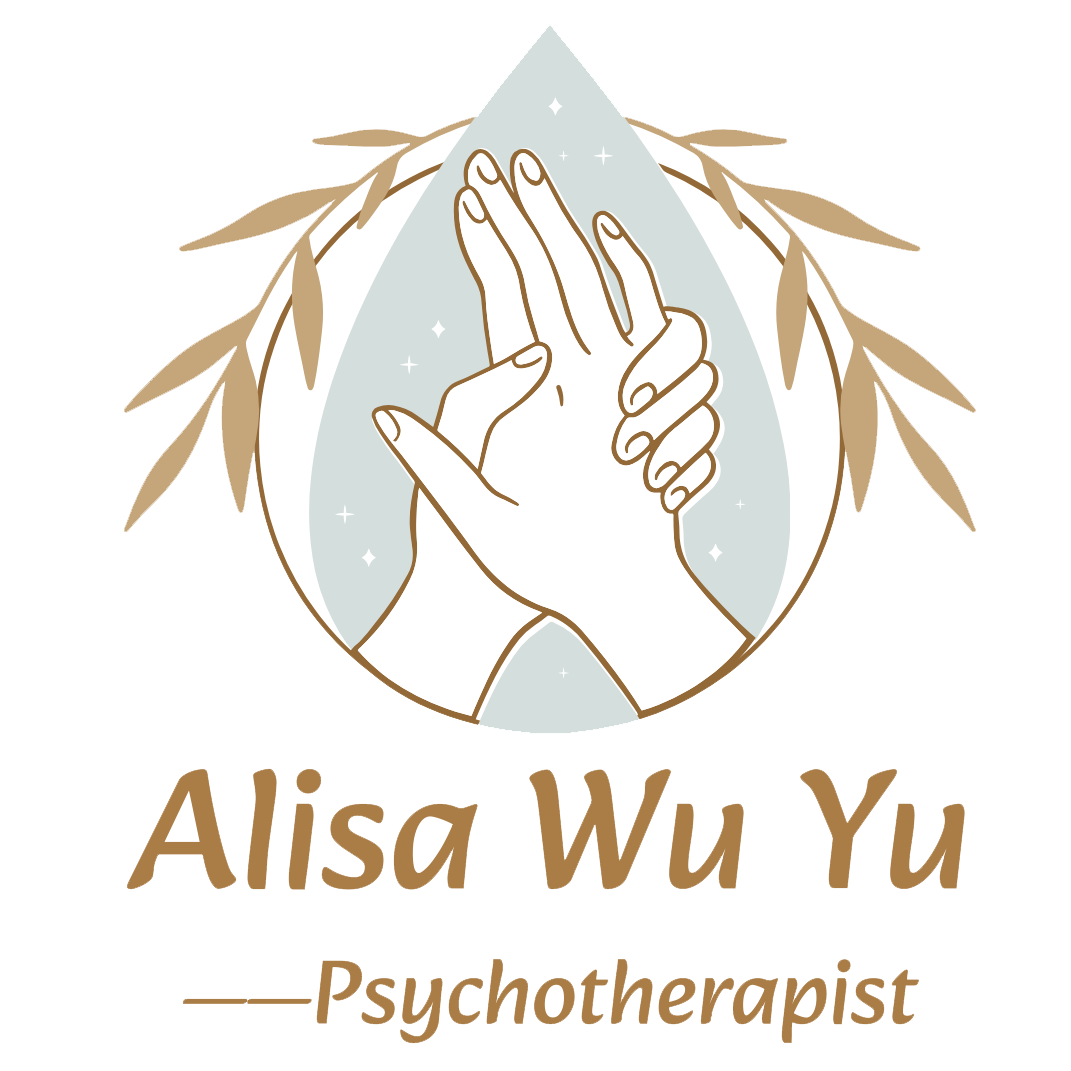The Growing Popularity of New York Couples Therapy for Emotional Healing
Table of Contents
Introduction
Today, relationships are under pressure, unlike what the past generations needed to deal with. Partners are plagued with work commitments, financial troubles, distractions with technology, and even expected cultural norms. Most couples end up in the rut of poor communication, unresolved issues, or they are so much together and then so silent that it hurts as much as a direct fight. Emotional battles are hardly secretive creatures- they sneak into closeness, belief, and daily interaction. You may be familiar with how a minor conflict over chores can blow out of proportion, or how silence can be deafening when something just doesn’t work. This increasing consciousness of the impact of emotional pain on relationships has opened up an opportunity to find help in the form of therapy.Why Couples Therapy Resonates in New York
New York is in a great hurry, and you need not have much time to breathe and think, not to mention getting into a deep conversation with a partner. The rush hour in the subway, the endless list of items to accomplish, and the noise of urban life have emotions locked inside. Most couples find that after a long day, they are too exhausted to speak or too excited to hear when they finally get to sit down together.
New York couples therapy provides room to press the pause button, clear of the noise, and concentrate on what is truly important: getting to know each other. Through systematic guidance, the couples are taught how to unload frustrations without getting into blame games, which in most cases is the difference between relationships that drift and those that reestablish trust.
Peeling Back the Layers of Emotional Pain
Stories come from everyone--beautiful, heavy, or otherwise--that influences the way people relate to their loved ones. Perhaps, one of the partners was taught not to confront as arguments were not safe during their childhood. The other may open up, anticipating reciprocation of this which may lead to a conflict.
It is not always that emotional pain presents itself, there are times when it can be disguised by irritation, avoidance, or silence. Therapy is used to see these layers and make meaning out of behavior that would otherwise seem bewildering or injurious. With compassion growing on you when you recognize that your partner is not simply shutting down but is pondering with old wounds, so does the prospect of healing along with the partner.
The Role of Safe Spaces in Healing
Consider how much less awkward it becomes to open up when you do not feel like there is a judgment clouding your words. A treatment room brings such a setting to fruition. Rather than burying or ignoring feelings or problems, couples learn to sit with them, including the sloppy ones.
This is not about pat solutions or snap-on remedies but rather about being able to slow the pace to observe what is actually going on. Perhaps your heart beat is accelerating whenever your partner shouts at you, or could it be that you pull back as soon as a conflict is evident? When you name such responses within a safe space, you take away the ability to control yourself. Gradually, the intolerable becomes manageable.
How Alisa Wu Therapy Supports Change
At some point, you may think that, Can you get any help with therapy when the problems seem so entrenched? People are usually surprised at the answer. Change does not occur in an abstract form of advice; it occurs through real-time experiences.
Alisa Wu Therapy is a synthesis of experiential and relational methods with evidence-based practices, and it also gives couples effective means of reconnecting. Suppose you stop midway in a quarrel, not to avoid it, but to observe what is actually underlying the conflict: fear of being sidelined, a need to be close or residual work-related stress. Having cleared the room, you begin to replace the "you never understand me" with the "this is what I need." That variation can be seen to change the entire dynamic.
Life Transitions and Their Impact on Relationships
Transitions can be the most difficult test of relationships. Living together, getting used to parenthood, paying care to aging parents, or handling a career shift- all these milestones are accompanied by happiness as well as unimaginable stress. You may be excited and overwhelmed, desiring support and at the same time yelling at each other more frequently than normal.
Couples therapy in New York will guide you through these periods by making sense of the emotional mess that ensues. Rather than being swept by change like a storm, couples get to learn to stabilize themselves by communication and understanding. This adaptability will make the relationship stronger because obstacles are not so dividing, but more unifying.
Breaking the Stigma Around Seeking Help
Couples therapy has long had a stigma that it was unnecessary to admit to needing help, instead. That attitude is dying, particularly in a city as cosmopolitan and progressive as New York. A therapy visit is becoming a sign of devotion, and not a sign of weakness.
It says, we appreciate this relationship and we invest in it. One of these aspects is how friends, coworkers, and even pop culture are popularizing the notion of therapy as something that is a tool, rather than a label. And to tell the truth, no one wants to expect couples to instantly understand that they should deal with every emotional storm independently. Throughout the process of contracting a therapist, as in the procurement of a fitness trainer, you have an order in terms of development.
Practical Shifts That Come From Therapy
Understanding that it does not always take big changes to change is one of the most empowering aspects of therapy. Even small changes, such as learning to listen without rushing in with solutions or showing frustration without turning into criticism, can have the most dramatic impact.
You begin to pick up on the effect that tone, body language, and timing have on any interaction. Consider a way of having less to argue over whether one is right and more to argue over what we really need at the moment. Practicing these skills in real time is achieved with the help of therapy until it becomes part of everyday life. New York couples therapy is not about rehearsed dialogues; rather, it is about creating real communication that truly works.
Conclusion: Finding Home in Connection
Whether you’re navigating transitions, unpacking old pain, or simply longing for more closeness, seeking help can bring you back to feeling alive, grounded, and truly at home in your partnership. All couples experience a time when they feel that the bond is burdened, stagnant, or puzzling. The distinction between the two moments is whether they are roadblocks or stepping stones. Therapy is a means of getting out of survival mode to the real connection where both partners feel listened to and supported.
When you lean into the process, you not only mend emotional wounds but also find the areas of the relationship that make you feel joy and comfortable. A space that Alisa Wu Yu Therapist, creates, allows those changes to occur, and helps couples remember that emotional healing is not a matter of perfection but progress.
While navigating through the in-between spaces, unravelling past pain, or just hoping towards more intimacy, it can be bringing to find assistance to get back to feeling alive, grounded, and well at home in your relationship.

